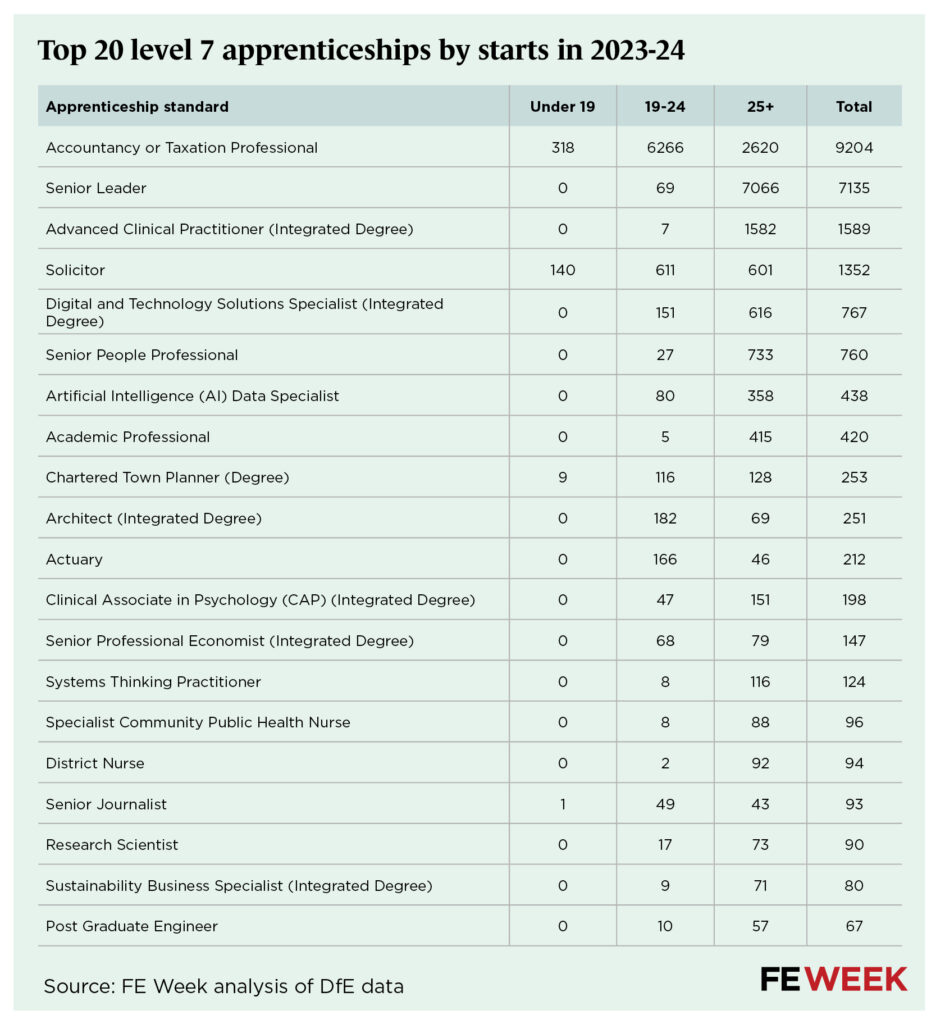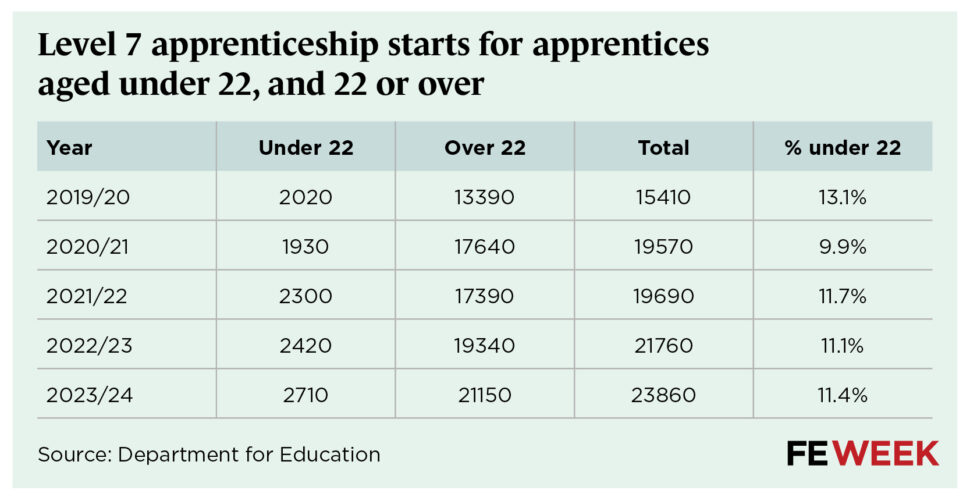Failure to address deep inequalities in the labour market isn’t just an image problem; it holds entire sectors back from meeting their skills needs, stifling innovation and growth. Perhaps none have been forced to come to terms with this more in recent years than one of the most high-profile sports of all, Formula 1.
The UK has a rich motorsport heritage, with seven of the ten F1 teams based in the tranquil Oxfordshire and West Midlands countryside, known as Motorsport Valley. But the latest research exploring the sector’s skills needs, collated in Edge’s new Skills Shortages Bulletin with a special F1 supplement, indicates the scale of the challenges, both on and off the grid.
In 2021, the Hamilton Commission identified barriers to achieving greater diversity at just about every stage, from young people’s understanding and perceptions of motorsport careers to post-16 education pathways and recruitment practices. More Than Equal – a not-for-profit founded by David Coulthard with the aim of delivering the first female F1 World Champion – modelled what it would take to achieve a 50/50 gender split on the F1 grid. It found that female participation would need to soar to 84% of the entire global racing population.
But it isn’t just about the drivers.
As Owen Carless, Head of Mechanical Simulation at Red Bull Ford Powertrains, told us: “You see a team of highly trained mechanics, a couple of drivers and some people on the pit wall. That’s the external image, but there’s a lot more to the team than that. There’s maybe a hundred people track-side. There’s ten times that working back in the factory”.
Yet, 61 per cent of mechanical engineering vacancies, 58 per cent of design and development engineering and 54 per cent of electrical engineering vacancies are due to skills shortages. Carless explained, the sector will “always want people who are sharp mathematically”, but also, “Engineering is quite a creative subject. Inherent in what we do is creating new solutions, thinking around problems, coming up with new ways forward.”
In that very spirit, Edge has identified the proactive partnerships already working to transform perceptions, open up access and strengthen the pipeline of skills into motorsport. And it’s starting in schools.
One standout initiative is STEMx, a brand-new collaboration launched in January 2025 between Milton Keynes College and Oracle Red Bull Racing. CEO and Principal of the college, Sally Alexander, spotted an aspiration gap; some students arrived at the College with preconceived notions about STEM careers and struggled to see themselves working in the bold, shiny motorsport HQs on their doorsteps. But, as she told us, “If we want to effect change with young people, we are much more powerful in partnership with employers.”
STEMx offers children aged 9-14 a unique programme including pit stop challenges, livery design, coding, and media training, all carefully crafted around curriculum topics like the science of speed, maths and racing strategy, and environmental ethics. By integrating F1-inspired challenges into the curriculum it makes STEM subjects both tangible and exciting for young learners. 99% of pupils said they enjoyed and benefitted from the experience.
Similarly, Sir Lewis Hamilton’s described experiencing “an education system that worked against him”, spurring him to establish Mission 44 to address the barriers to opportunity in motorsport amongst disadvantaged groups. In partnership with Causeway Education, the foundation is helping students to understand the qualification pathways to pursue roles beyond the track and, after hearing from young people about what they want to see, working with employers to provide greater salary transparency.
At the older age range, our Skills Shortages Bulletin also explores how Formula Student – a competition established in 1998 by the Institute for Mechanical Engineering which sees over 100 university teams from around the world design, build, and race single-seater cars at the iconic Silverstone racetrack – is developing students’ engineering, teamwork, business and project management skills and expanding their networks. Illustrative of its success, many of the organisers themselves are former competitors, including chief judge, Dan Jones, a team leader at Mercedes AMG High Performance Powertrains.
The initiatives outlined are tailored to the needs of F1 and the automotive industry. But beyond STEM, many of the shortages they face – including teamwork, collaboration, project management, and problem-solving – mirror those in sectors ranging from healthcare to the creative industries. The underlying principles of long-term workforce planning offer valuable lessons for any industry grappling with recruitment and talent gaps.
These insights are just as relevant to policymakers. Skills England, for example, could take a page from motorsport’s playbook: start early, diversify talent pipelines, and create equitable opportunities for all young people – if they succeed, they’ll truly prove their worth!




